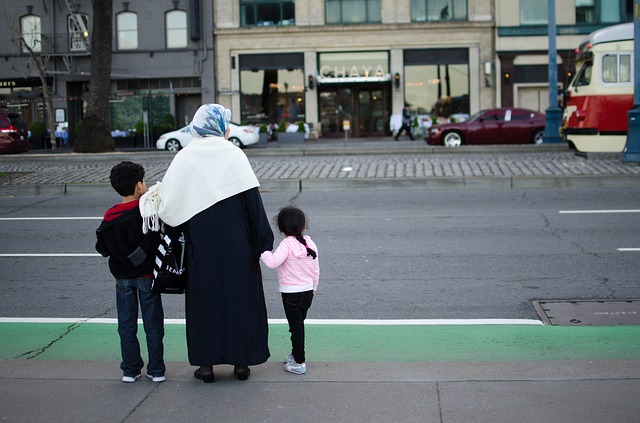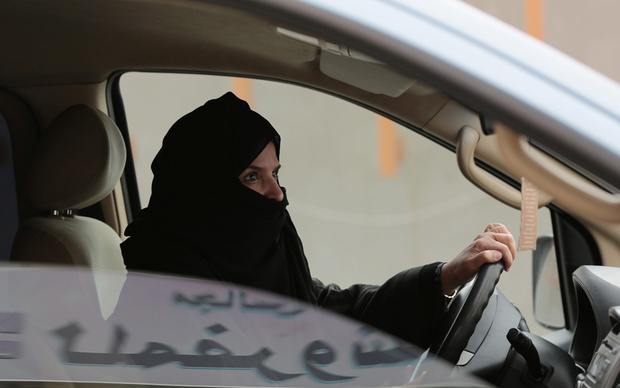Imagine not being able to drive because you are a woman. No other reason. You’re a woman so therefore your freedom has been restricted- not the freedom to participate in some outstanding movement or do something remarkable, but your freedom to move from point A to point B.
While many other Middle Eastern nations have been able to adapt to the ever-evolving social landscape, due to a lack in this specific major advancement in human rights, Saudi Arabia has been the outlier, leaving them years behind.

In 2011, the same year women in Saudi Arabia were given the right to vote and run in elections, females carefully protesting the ban on driving were arrested and given sentences. The next year, female athletes could compete in the Olympics for the first time and the year after that, they could hold positions in political office. Women now had the right to education and even to fly airplanes, but still weren’t entirely legally empowered.
Drawing attention to this right that has been brushed under the rug for too long, Prince Alwaleed bin Talal released a brief and bold Twitter statement, “Stop the debate. It’s time for women to drive.” Following this, his offices released a well-supported four page letter that highlighted how society has generally been supportive of women’s’ rights added in the past.
He stated, “preventing a woman from driving a car today is an issue of rights similar to the one that forbade her from receiving an education or having an individual identity,” emphasizing that these restrictions are unjustified by the society’s predominant religious beliefs that officials often use to blame for their reasoning.

Fayez Nureldine/AFP/Getty Images
While the ideological reasons for women to have this right are obvious and many, Alwaleed made several points enforcing the financial, economic, political and social factors to consider.
His most stressed points supporting females’ right to drive included:
- Reducing citizens’ costs on hiring a driver, adding exponentially to their disposable income
- Money no longer leaked into other countries by foreign drivers and instead internalized
- Deportation of over 1 million foreigners currently employed as drivers, allowing for citizens to have better access to services
- Women who still do not wish to drive having the ability to hire other women drivers, adding jobs for females
- Families with limited income and no means for transportation will have a chance
- Saudi Arabia will be more in sync with other countries
He included a few regulations- that women drivers must know about roadside services, carry a smartphone, etc.
While the Prince is not in a position to pass anything major like this, his monetary power and high esteem in the nation may inspire others to consider his plea and join the movement.

